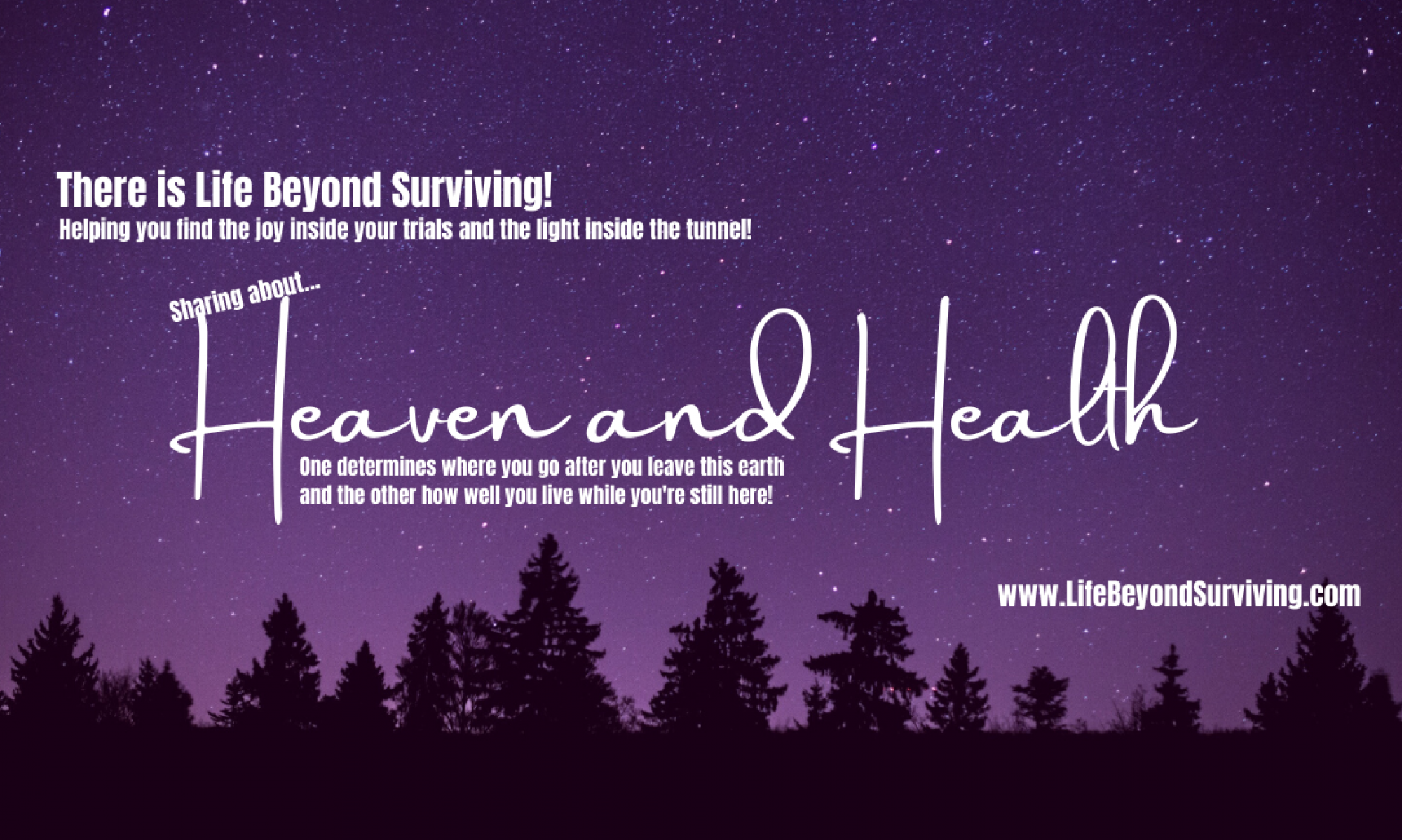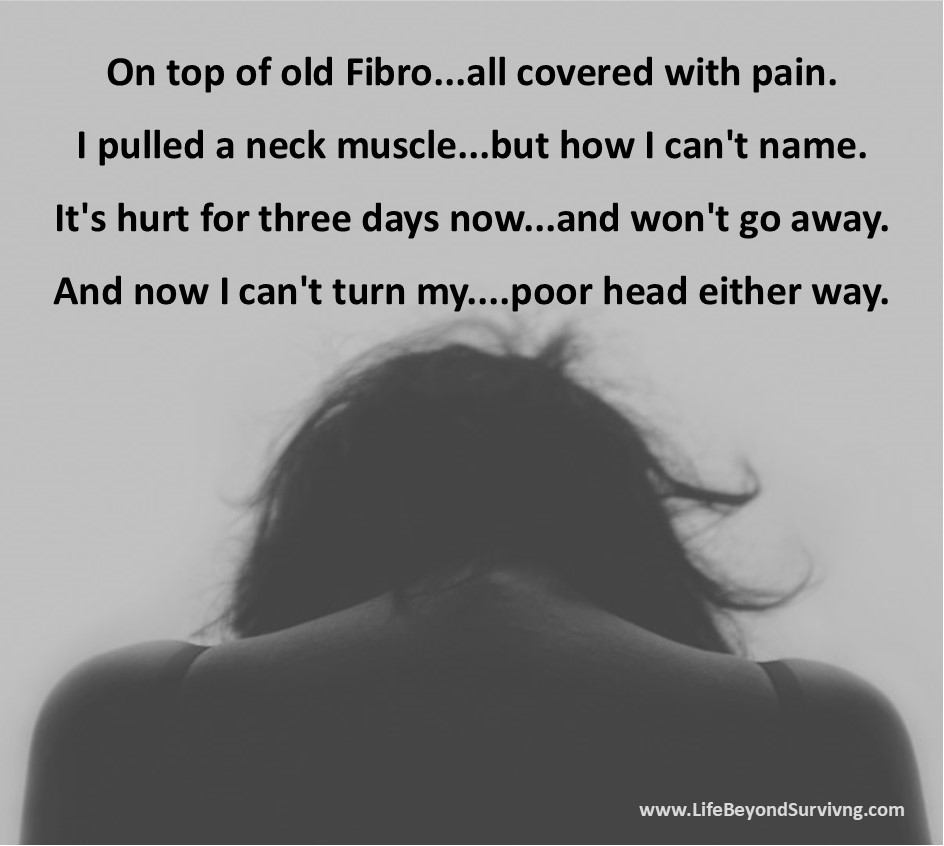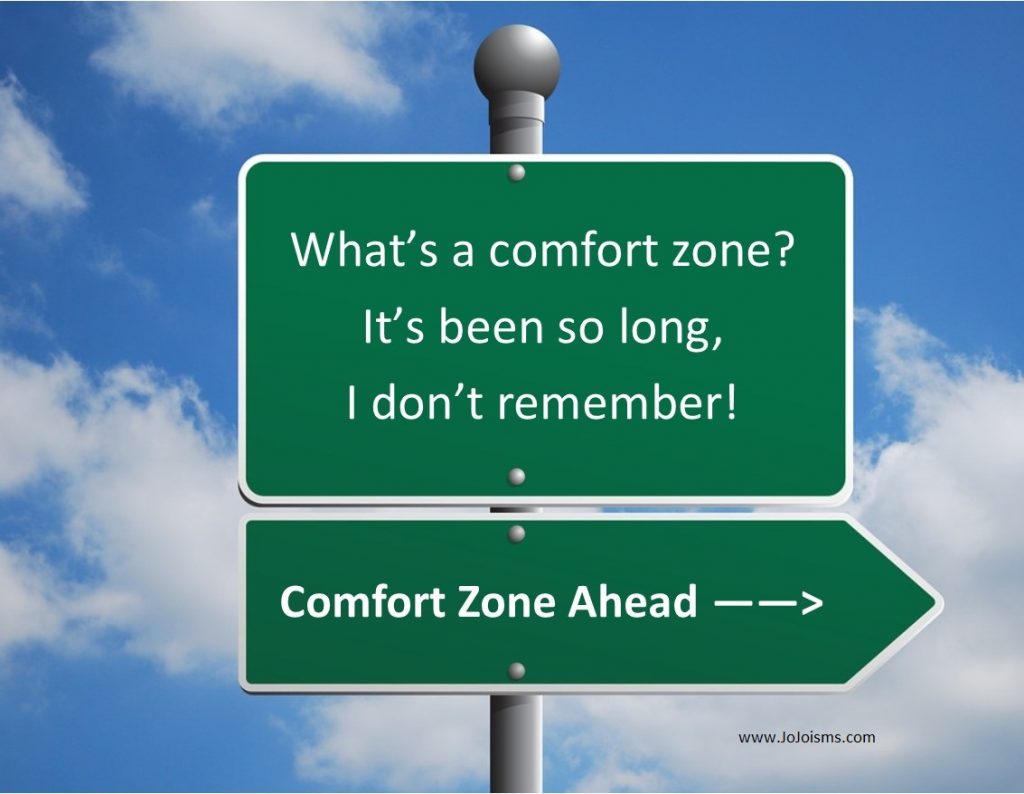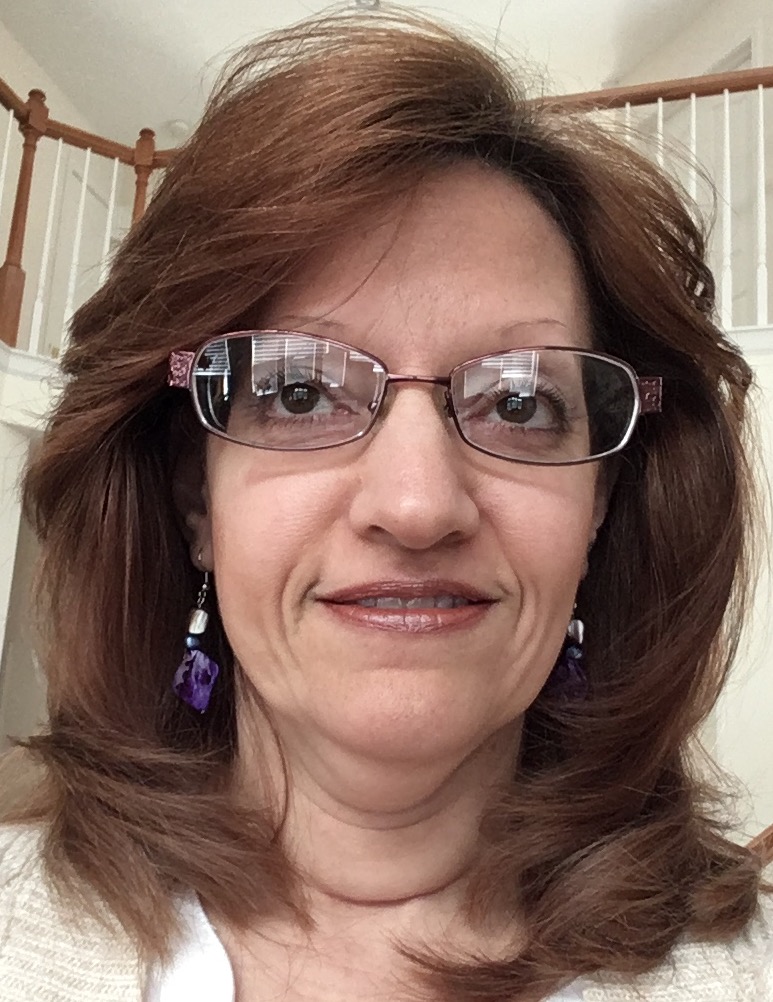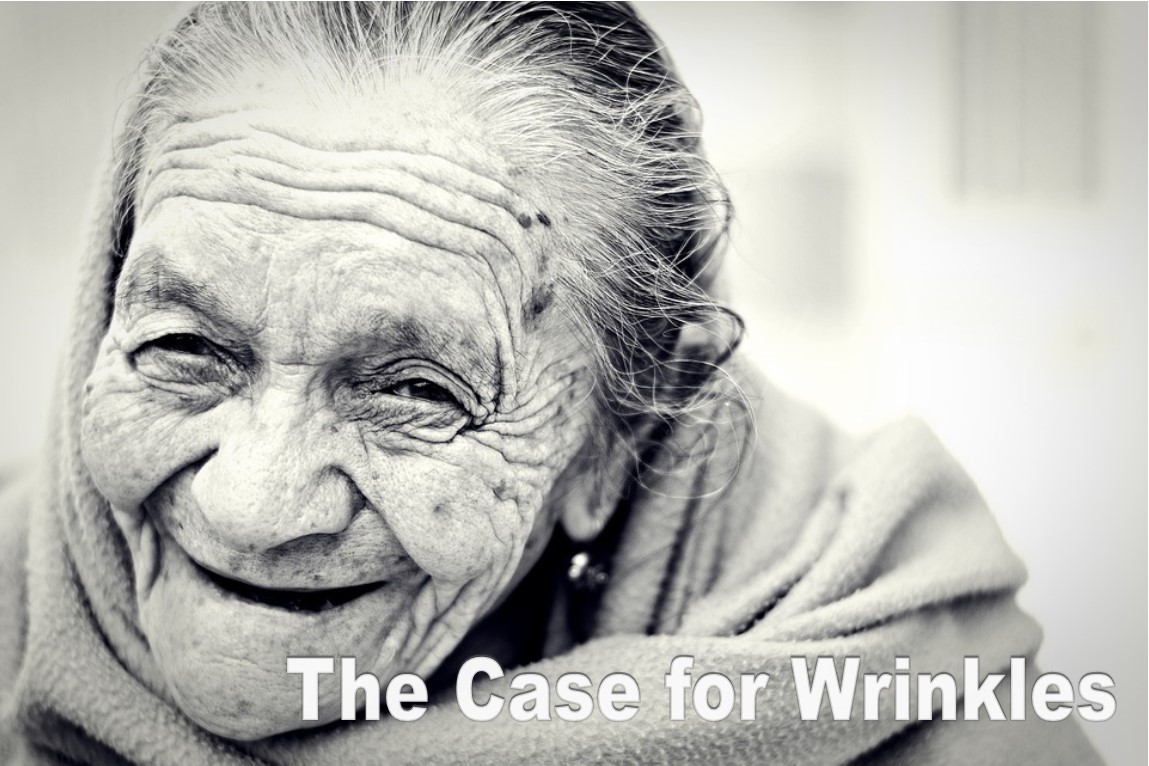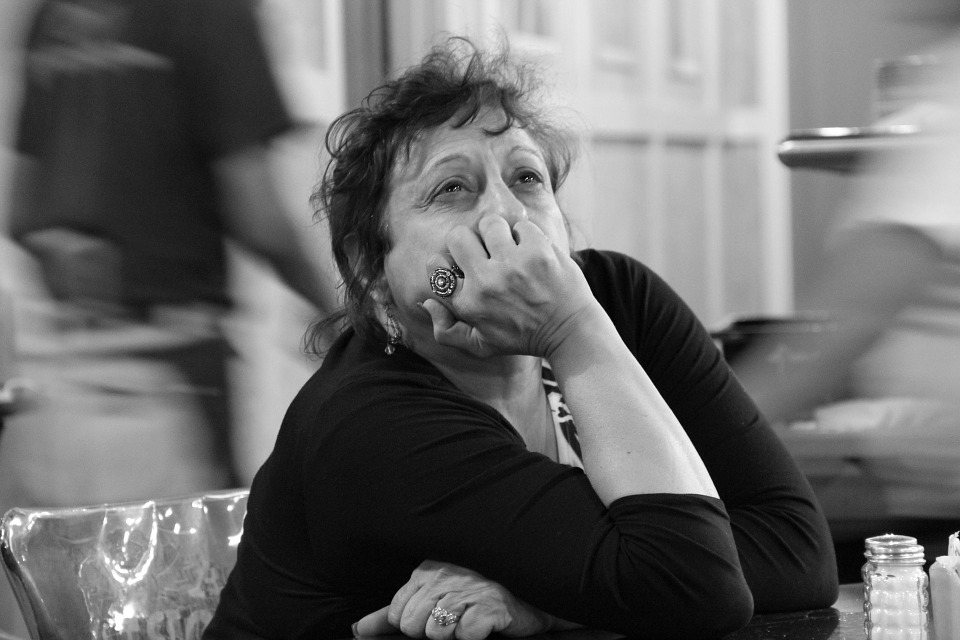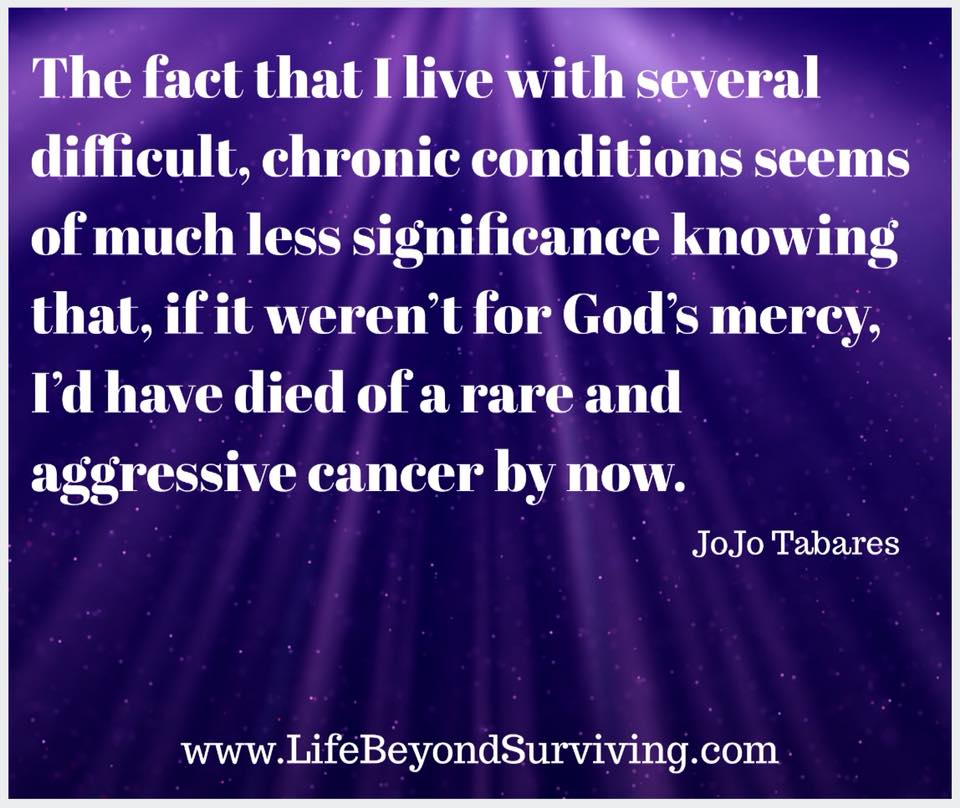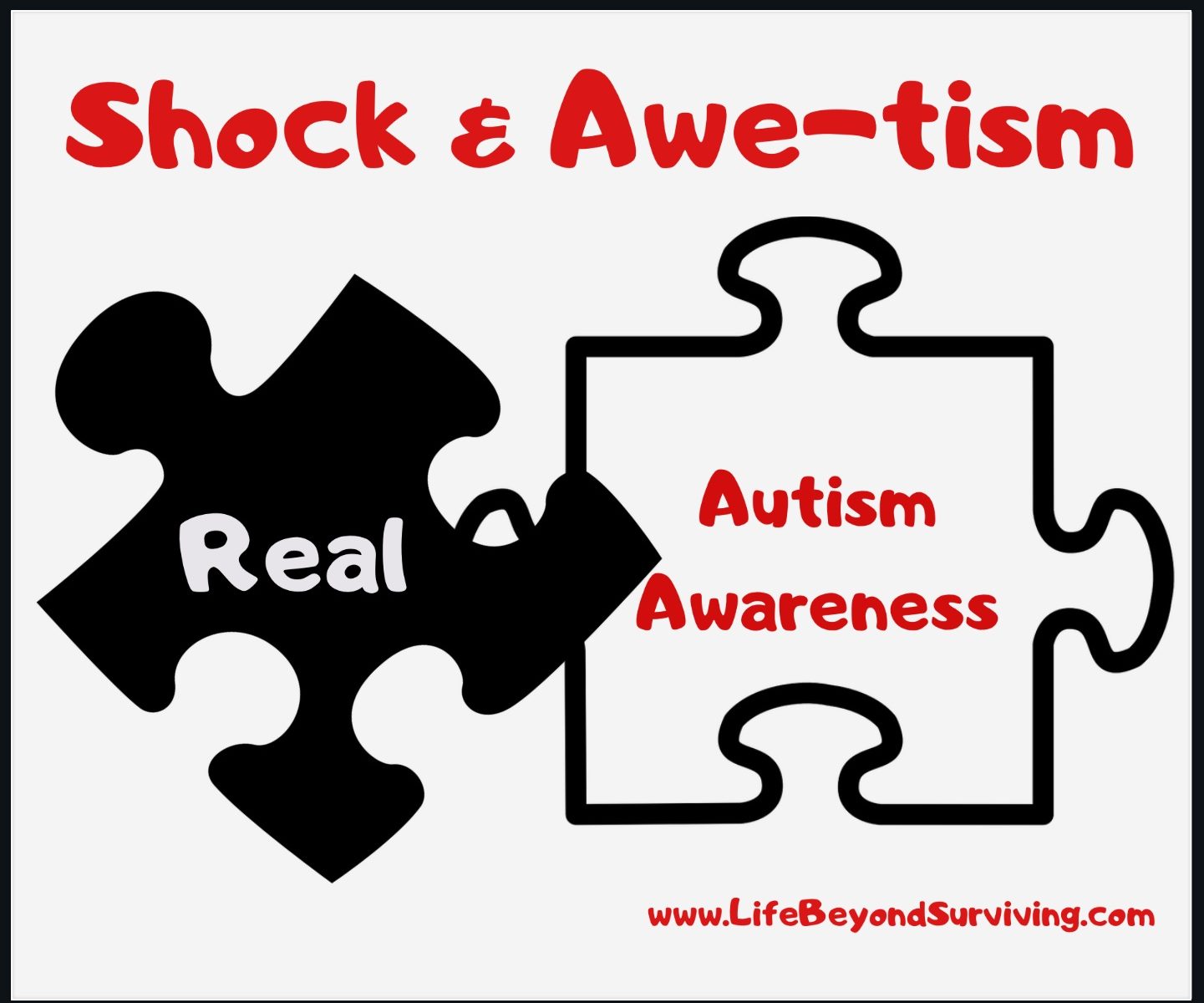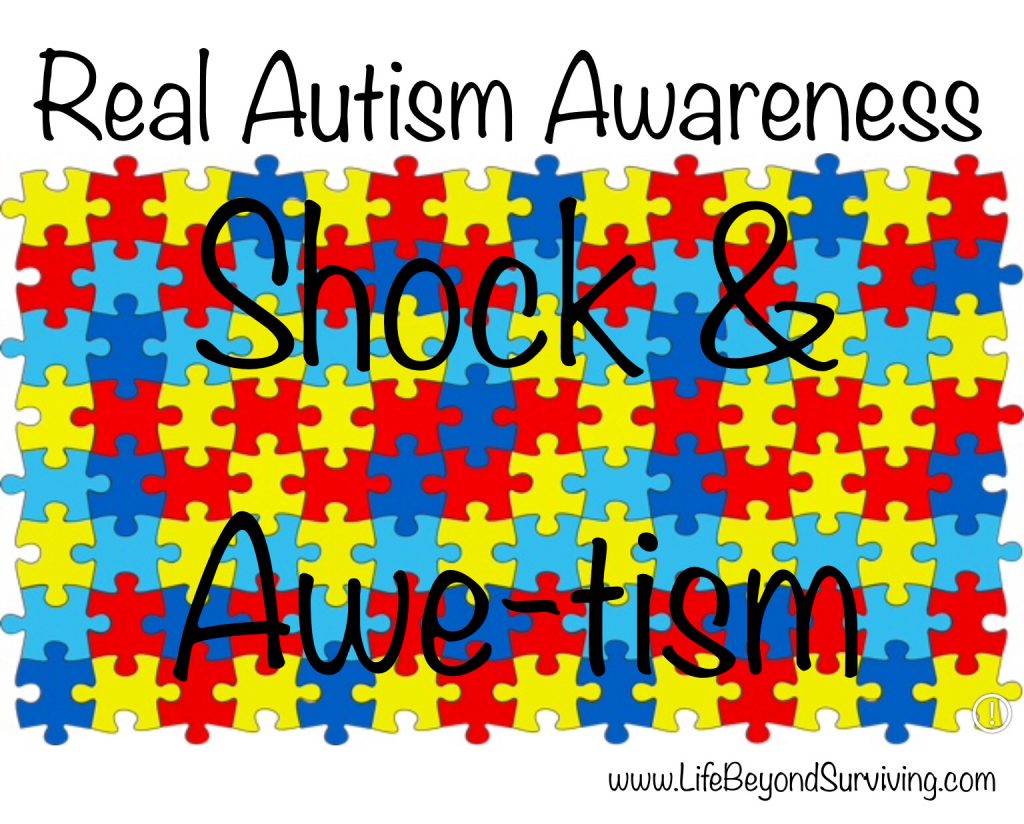I was listening to Charles Stanley a little while back. He was discussing four things Satan uses against us: distraction, deception, division, and destruction. Dr. Stanley was speaking in general, but as I listened to him, I began thinking about how he specifically uses those very same things against those with chronic illness and it moved me to write this series.

I’ve said it many times before, but it’s worth repeating. The chronic part of chronic illness is what makes it so different from any other trails I’ve struggled with in my life. My Bradley childbirth instructor told me that “people can stand just about anything for a short time. so when you feel like you can’t stand the pain anymore, that’s usually when the baby is born. ” She was spot on for both of my children’s births.
The fact that you know the pain will end and that you will get a beautiful baby at the end of it gives you hope. There is no such hope in chronic illness because there is no cure and often there isn’t much relief either. That hopelessness that exists for many chronic illness sufferers is the reason Satan targets us the way he does to distract, deceive, divide, and destroy not only our strength but our faith.
“and the cares of this world, the deceitfulness of riches, and the desires for other things entering in choke the word, and it becomes unfruitful.” – Mark 4:19
The first thing that Satan does is to distract us: from our jobs, from our family and friends, and from our purpose in the Kingdom. It’s hard to follow the Lord’s leading for our lives when we are so consumed with pain, fatigue, or overwhelmed by the money problems that are so common with chronic illness.
It usually happens so gradually that we don’t realize we’ve been distracted until we look back one day. We remember how we’ve been too tired to participate in church events like we used to. We notice how we’ve been so overwhelmed that we forgot that we used to love to listen to praise and worship music. We suddenly realize that we haven’t read our Bibles in a few days…or a few months.
Fatigue, pain, overwhelm, and financial struggles are all things Satan uses to distract us from the things we love, from God’s Word, and from feeling God’s love as well as from the work we were designed to do for the Kingdom.
I have noticed this several times in my life and in my walk with God. I don’t think it happens only once. It can happen with each new diagnosis. It can happen with each new difficulty. It can happen with each new flare or an unexpected bill that now requires time and focus to figure out how to pay it.

Now that I know this is how Satan works, I’m ready. I have my Bible reading on my To-Do List for each day so I’m less likely to miss a day. I catch myself being overwhelmed and I turn myself around if I’m feeling distracted by pain or fatigue as soon as I notice myself being distracted from the things I feel I was put here to do. I’m not saying it’s easy and I’m not saying I don’t get distracted. I’m just saying I’m a lot more conscious of it and I take measures to focus more on my purpose than my problem.
“and the cares of this world, the deceitfulness of riches, and the desires for other things entering in choke the word, and it becomes unfruitful.” – Mark 4:19
I’ll be talking more about this in the weeks to come as distraction relates directly to deception, division, and destruction. For now, I’ll leave you with this thought: in what ways are you distracted and what are you going to do to make sure you get back on track of living a joyous and productive life no matter what life throws at you?
